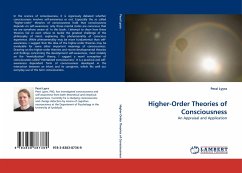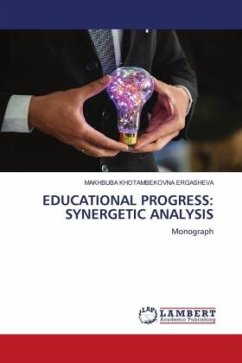The fusion of the psychological and the social personae is a feature of a pre-modern normativity that persists in some theoretical descriptions. Differently, in a "functional differentiated society" normative learning entails the understanding of duties and rights from a reflective perspective about the source of validity of the rules. This doesn't mean only that one must situate the normative content within a biographical, familiar and organisational frame. More decisively, one must put duties and rights against the contrasting background of the psychological persona and the social persona. A contrasting background that is learned and always changing. Second Order Ethics as Therapy is an essay to tackle with the theoretical challenges that surface when the observation of the moral discourse operates in order to distinguish the different sources of the making and unmaking of motives and duties. The essay is especially concerned with the therapeutic relevance of second-order observations in the inducement of personal change.
Bitte wählen Sie Ihr Anliegen aus.
Rechnungen
Retourenschein anfordern
Bestellstatus
Storno








![PHILOSOPHICAL ANALYSES [Vol. II - Part.1] PHILOSOPHICAL ANALYSES [Vol. II - Part.1]](https://bilder.buecher.de/produkte/67/67498/67498290m.jpg)